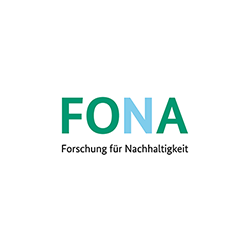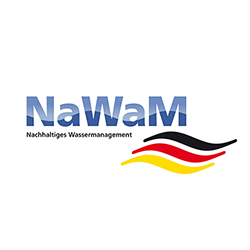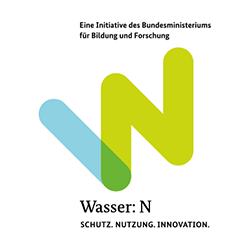New approaches in medical technology water management - Establishment of innovative methods for wastewater-free production through energy-efficient treatment of highly contaminated process water from membrane production
Background:
Dialysis is one of the most important forms of kidney replacement therapy. There are currently around seven million patients worldwide who require dialysis. The need for dialysis will continue to rise, partly as a result of the increase in acute and chronic kidney diseases, and partly due to the improvement in therapy conditions in both industrialized and developing countries, with considerable demand remaining in the latter two cases.
Dialysis membranes used in renal replacement therapy are mainly made from synthetic polymers. Solvents containing nitrogen, such as N,N-dimethylacetamide (DMAc) or N-methylpyrrolidone (NMP), are used during the production process. Although a large proportion of the solvents are recovered internally, e.g. by distillation processes, solvent-containing concentrates and wastewater are still produced, some of which are thermally disposed of in external treatment plants at high energy cost. Due to the growing importance of dialysis, both the resource requirements for the production of dialyzers and the demand for the treatment of the residual materials are increasing. The focus of the Med-zeroSolvent project is therefore on investigating ways to reduce emissions from wastewater and concentrate treatment and to reduce the demand for fresh water.
Aims:
The main objective of the project is to develop an energy-optimized, multi-stage process for treating solvent-containing process waters from membrane production, with the possibility of recycling treated process waters back into the production process. In addition to technical biofilm and membrane processes, adapted, near-natural treatment processes are an essential core element of the process combination to be developed. In order to save fresh water, the management of precipitation water is being investigated as a second component in addition to the recirculation of treated wastewater. The consistent implementation of measures at the source, i.e. the on-site treatment of process water in an industrial wastewater treatment plant, prevents the transfer of environmentally critical substances to municipal wastewater treatment plants.
In order to save fresh water, the management of precipitation water is being investigated as a second component in addition to the recirculation of treated wastewater. The consistent implementation of measures at the source, i.e. the on-site treatment of process water in an industrial wastewater treatment plant, prevents the transfer of environmentally critical substances to municipal wastewater treatment plants. The focus here is on monitoring the chemical substances used in the production process and their primary degradation products, but also on evaluating the treated wastewater by means of ecotoxicological tests.
Regardless of the specific situation on site, scalable treatment modules are to be developed that can be used for the treatment of wastewater with similar properties in addition to the application under investigation.



